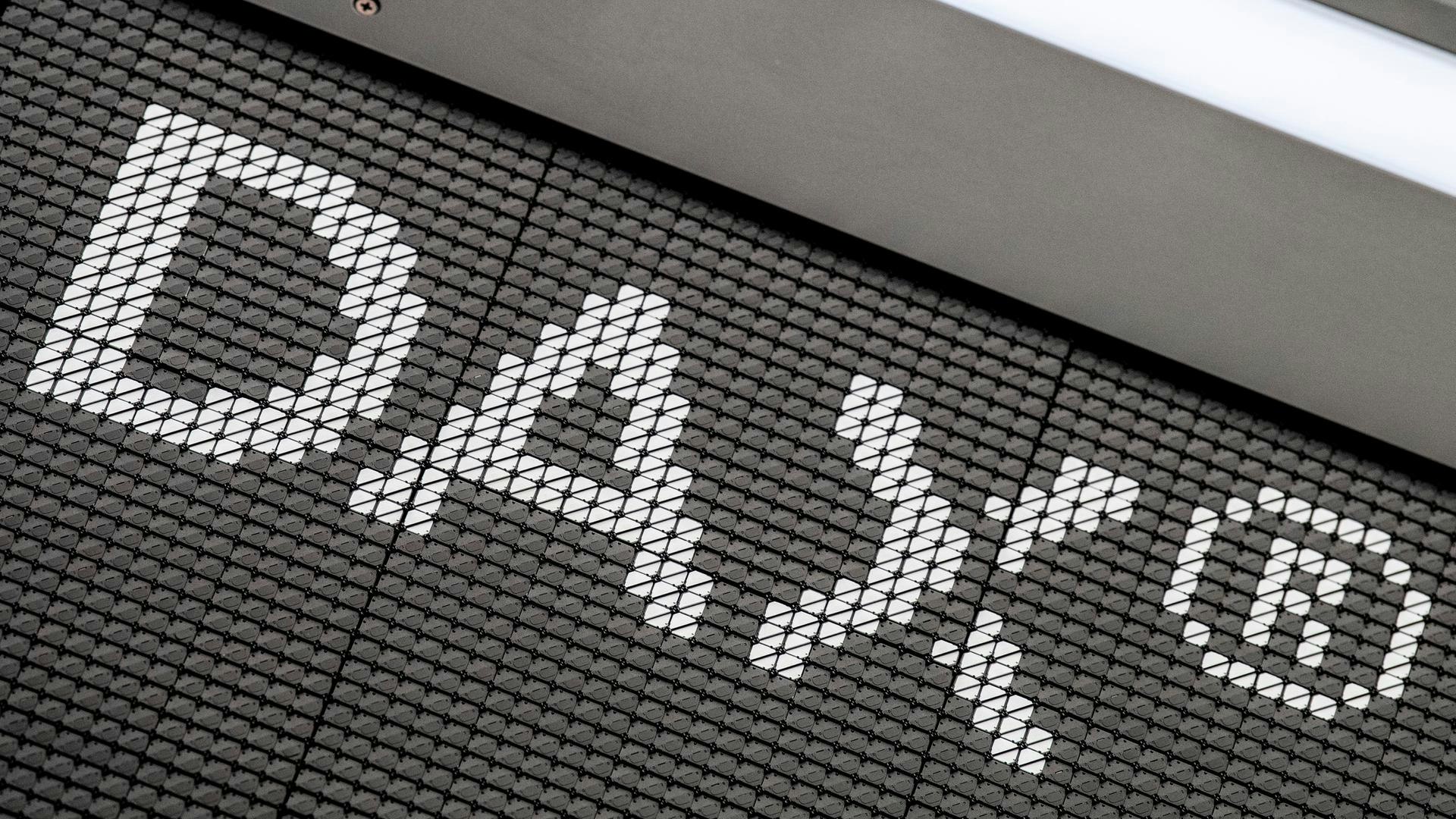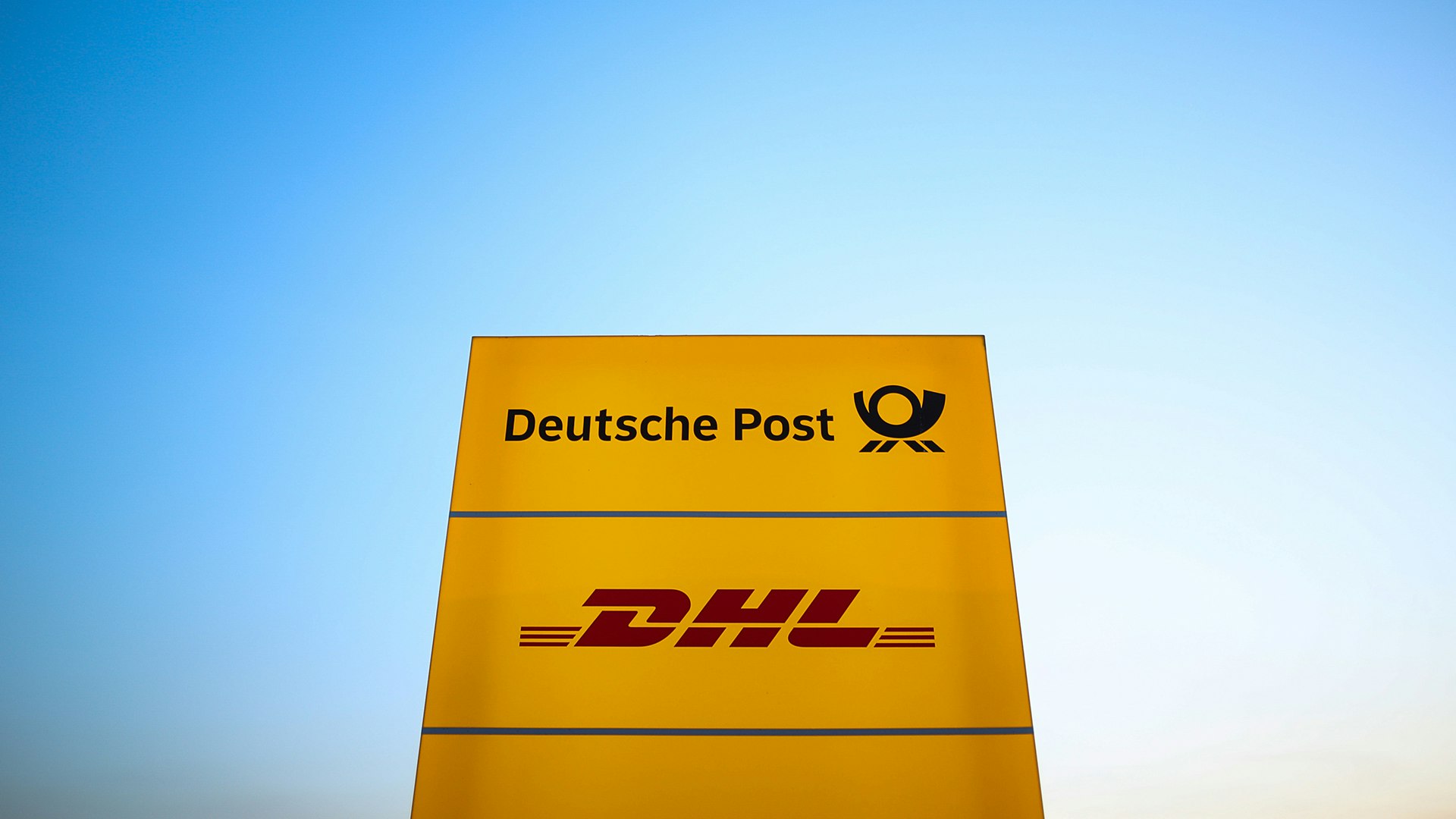Technology
Meta introduces less personalized advertising for EU users – financial setback looms
Meta offers less personalized advertising in the EU to comply with regulatory requirements, which could cause revenue declines.

Meta Platforms will soon introduce a new advertising option for users in the EU, offering less personalized ads. This change is a response to demands from European regulatory authorities, requiring that users have access to a free version of Meta apps like Instagram and Facebook with less targeted advertising.
Unlike highly personalized ads that are based on a comprehensive analysis of user behavior, the new option will show so-called "contextual" advertising. This is based solely on content that is displayed during a browsing session, rather than the user's entire activity history. However, ads will still be selected based on criteria such as age, gender, and location. Some of the new ads will fill the entire screen and will not be skippable for a few seconds.
The decision to offer this option follows repeated demands from the EU to better protect users from data-driven advertising. Meta fears that the adjustment could negatively impact its revenue – the European region recently accounted for 23 percent of Meta's revenue. In particular, Meta's business model heavily relies on targeted ads that analyze user behavior and interests. This type of advertising is a significant source of revenue for the company and remains controversial.
Meta expressed concern that EU regulation could harm small businesses that rely on precise targeting. "If the efficiency of digital advertising decreases, the entire European business world will suffer," the company explained.
The step taken by Meta is also a response to recent disputes with European data protection authorities about whether and how Meta must obtain users' consent to use their data for targeted advertising and the development of AI models. Last year, Meta already introduced the option of a paid subscription for ad-free use—a model that brought Meta into conflict with the new EU digital competition rules and led to an EU charge in the summer.
Meta hopes to settle an ongoing EU proceeding by March through the new advertising option.






